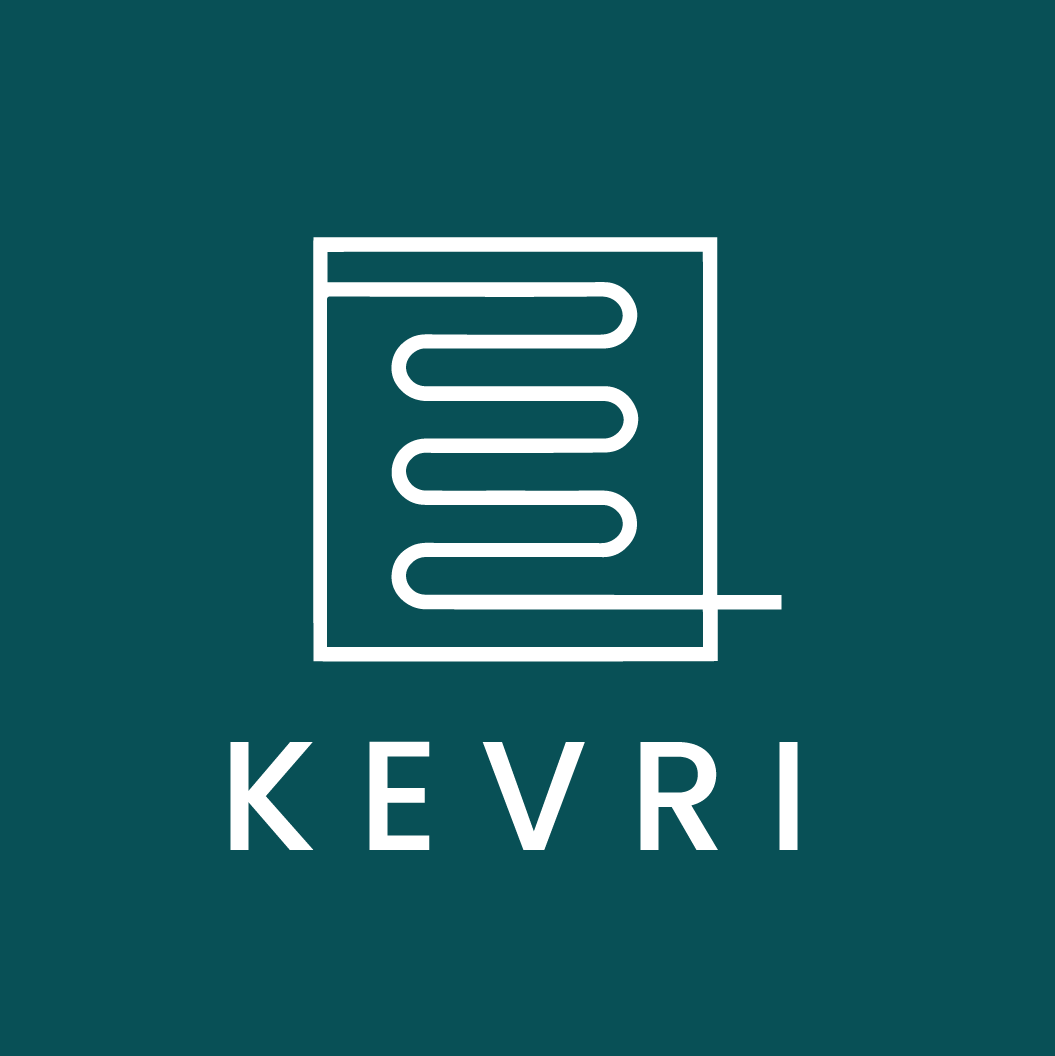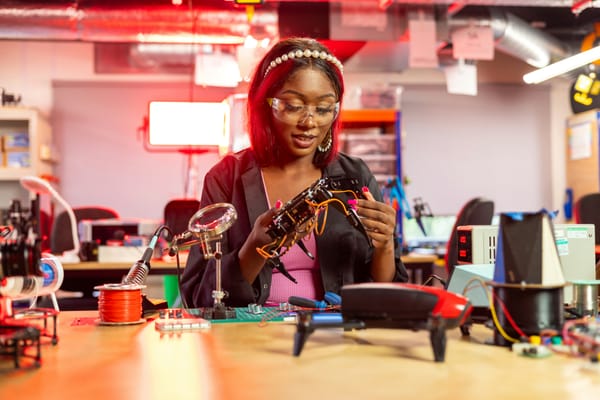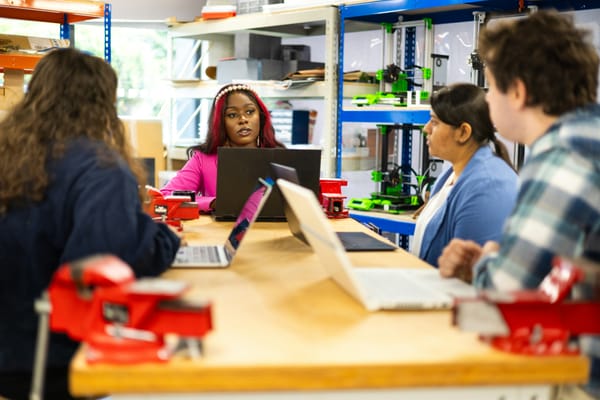Let's discuss the future of Knowledge Exchange
University Lecturer Vivienne Neale interviews KEVRI CEO Natalie Campion to discuss the future of Knowledge Exchange and Research within higher education.
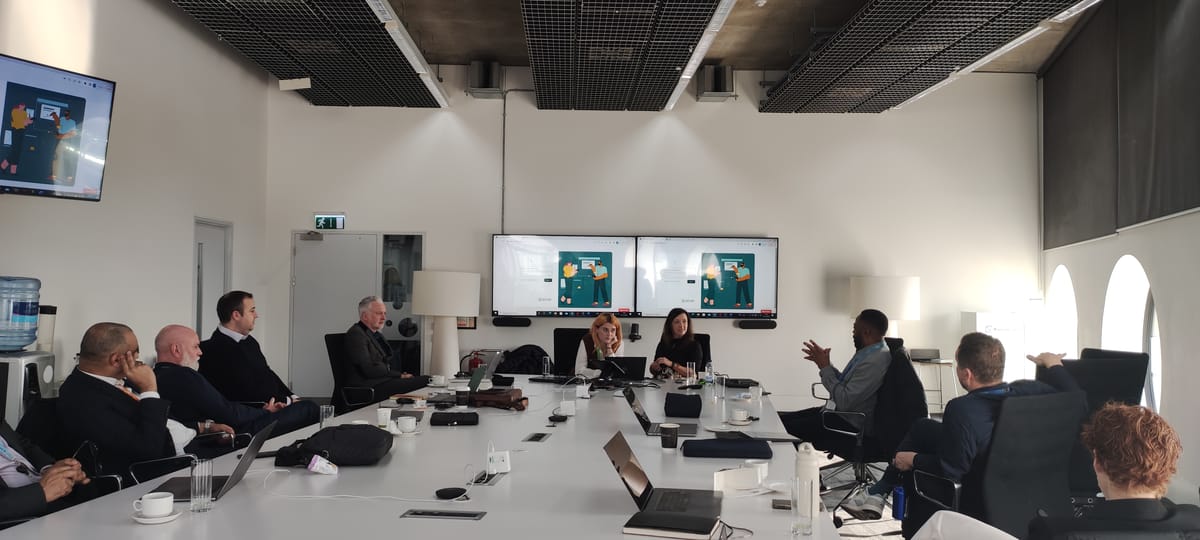
University Lecturer Vivienne Neale interviews KEVRI CEO Natalie Campion on the future of Knowledge Exchange and KE reporting:
Over the past weeks, I have been publishing articles on knowledge exchange and how often it is seen as a Cinderella activity compared to traditional research. My interest in this area has been piqued further using a platform called KEVRI.
This is because of the ease with which knowledge exchange activities and outputs can be captured, and this contrasted dramatically with my experience of completing KE within traditional research-led recording frameworks.
From a personal perspective, knowledge exchange feels far more dynamic, and it should be fast-paced and reflect social and economic needs.
KEVRI CEO and Co-Founder Natalie Campion certainly agrees with this statement, and we discussed the future of Knowledge Exchange and reporting when I interviewed her about KEVRI.
I started by asking her what the motivation was for developing this software...
Previous to KEVRI I was an academic lecturer at the University of Northampton, and during that time, the focus was mainly on the Research Excellence Framework (REF).
Consequently, it was apparent that many other significant initiatives involved students and staff in communities and businesses. However, REF often missed them. Exciting events and applied knowledge exchanges were happening across the department and the school, yet no one seemed to know how to record what was happening and track them quickly and confidently. I've always been passionate about applying knowledge, especially to traditionally under-represented groups in society.
It has often been the case, historically, that interventions, collaborations, and ideas were being shared, but unless someone specifically brought these initiatives to the surface, they went unnoticed. There needed to be more focus on reporting metrics for KE activities, so it seemed like a lose/ lose situation. That's when I became motivated to do something about this.
How did you start building the KEVRI software?
We started extensive one-to-one consultations with academics and those involved primarily with KE. As a result of these in-depth conversations and our developing understanding, we knew it was possible to design a software tool that would outline the work being done and evidence the great results and impact of practical interventions.
Our USP has developed knowing that knowledge exchange activity is more defined for people to follow more easily and guide the academics to the metrics that matter.
We wanted to match up the metrics so an academic could easily and effectively showcase the work that they were doing. Reporting the mandatory metrics could then support the university in receiving more funding. This allows higher education establishments to achieve even more fantastic things.
I wondered what obstacles the KEVRI team had to overcome when developing the product and encouraging uptake...
I think it would be fair to say there was a slight hesitancy to give knowledge exchange a higher billing.
When we started KEVRI, the Knowledge Exchange Framework (KEF) was fairly new to academia, and the concept looked hard to record effectively. Underneath everything there was also a fundamental lack of understanding about what constitutes knowledge exchange.
Did you face any resistance from teaching staff?
The challenge we faced is that a lot of academic staff were struggling to demystify the concept of Knowledge Exchange.
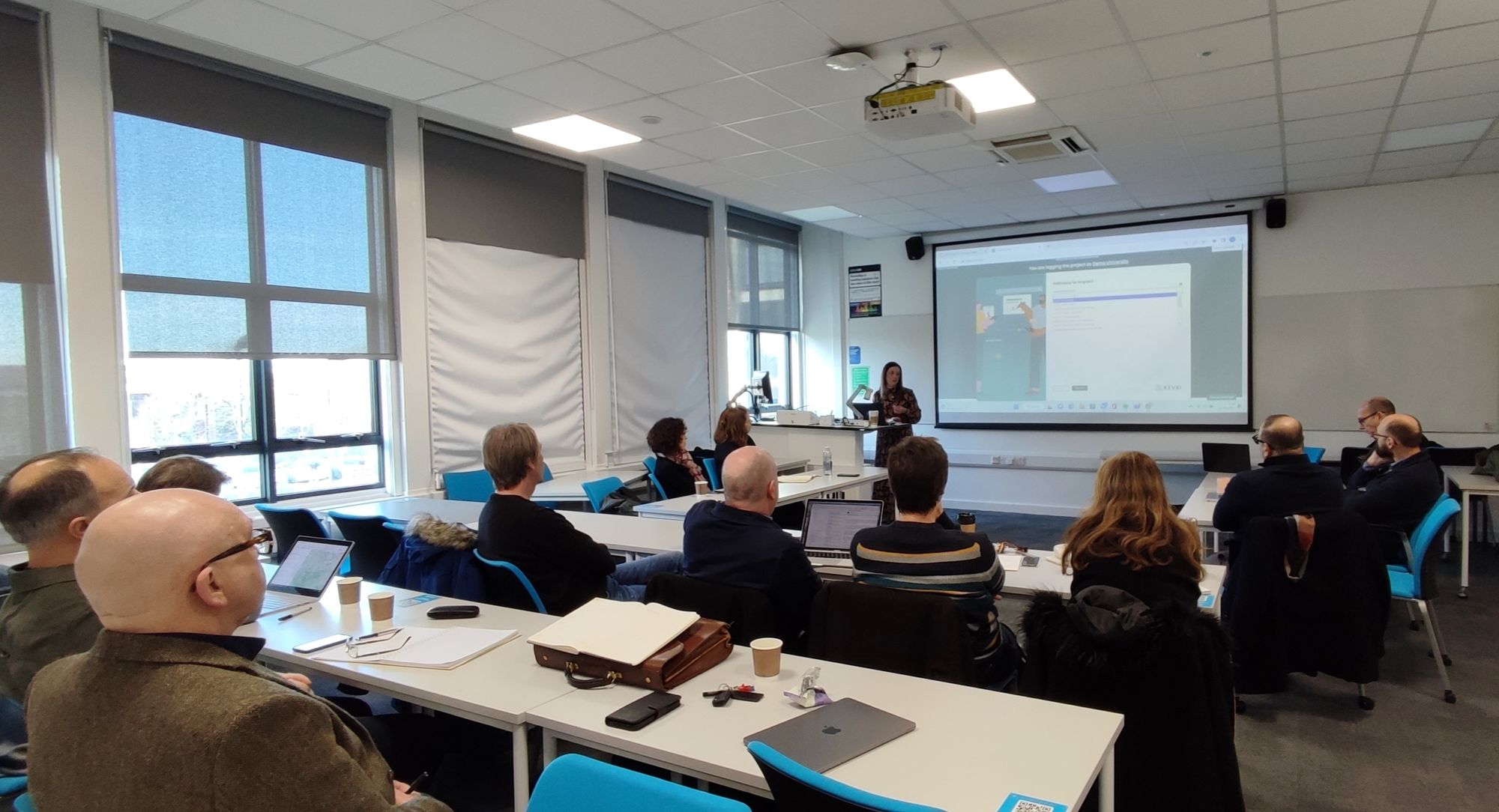
Is there a disconnect between academics and a more entrepreneurial approach?
Yes, people would say, 'I don't know how to be entrepreneurial and commercialise my knowledge'.
So, that is one of the biggest sticking points. Covid also had an impact, and development stalled while everyone coped with the extraordinary challenges thrown at us as we moved online at pace.
Do you think that people understand how to highlight their work when knowledge exchange still appears rather mysterious for many?
In essence, yes. Many universities are undertaking great projects, but often they need to be highlighted, and if they are, the reporting aims could be clearer in the planning stage. For example, we need to consider the need and the outputs if these projects can become self-sustaining.
KEVRI aims to make reporting KE easy and transparent and demystify the process so those involved don't feel penalised.
When you set something up, you know what it's like; the 'reporting paperwork' is as much effort as the whole project itself. We're moving away from that model. Also, we want to make it easy to understand IP, the patent process, funding applications and all those granular details that can trip you up.
We aim to give the information in advance, so staff are confident at the start of a project, understand what they will be reporting, and how they might gather the appropriate information and hit their metrics seamlessly.
So, your aim is also to reduce the stress when it comes to managing outputs?'
KEVRI is helpful in this way as we want to avoid that feeling of dread when you only try to deal with the outputs at the project end when it's too late. That is very stressful, undermines the good work done, and can even put people off being involved in the future.
KEVRI is a more proactive approach, and certainly, when you try and record KEF in a REF framework, as you mentioned, it just doesn't apply and is challenging, off-putting, and long-winded.
Do you have plans for KEVRI/ How might we see it develop?
Yes, we want to empower academics to take ownership of their knowledge and easily create a case study portfolio and associated evidence to support their career progression. This goal is to support future funding bids and create a complete picture of events and impact by encouraging academics to collaborate and engage with others.
Mandatory metrics do not capture the entire picture; many think this is misrepresentational, and it is therefore vital that impact is captured too. We also hope to gather like-minded individuals to co-collaborate on research projects cross-institutionally and through KEVRI that should be very easy.
Indeed, if my experience is anything to go by, I feel KEVRI will be transformational in the knowledge exchange arena, and if KE is a concern at your institution then it is worth investigating what KEVRI might do to support your KEF, HE-BCI and HEIF.
